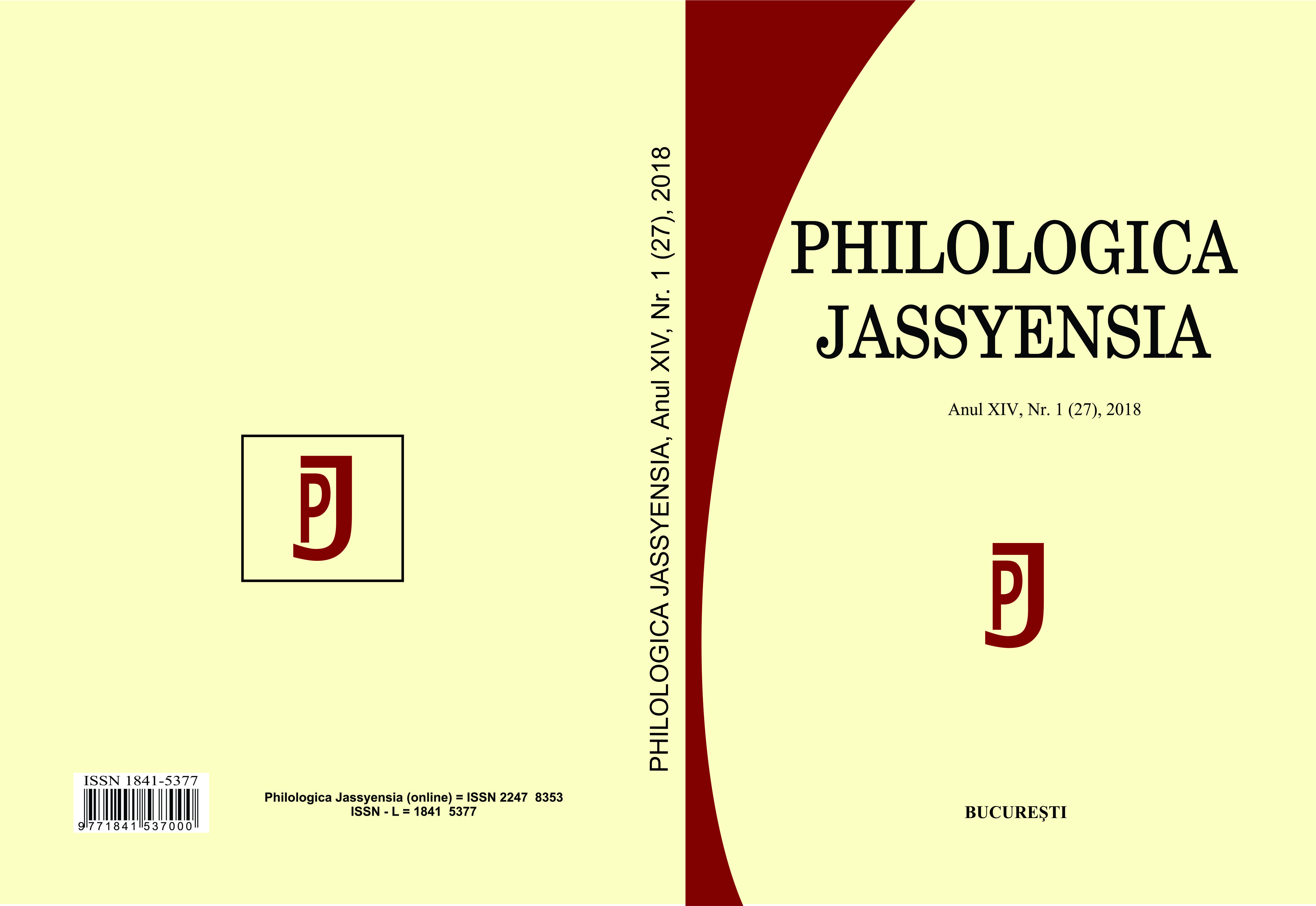B. Fundoianu și spiritul imitativ în cultura română. Între autocolonizarea și autonomizarea literaturii
B. Fundoianu and the Imitative Spirit in Romanian Culture: between Self-Colonization and Literary Autonomization
Author(s): Olga BartosiewiczSubject(s): Language and Literature Studies
Published by: Editura Tracus Arte
Keywords: self-colonization; cultural identity; cultural controversies; Romanian literature; collective imaginary; Romanian modernity; Romanian national narratives
Summary/Abstract: The article aims to present the position of B. Fundoianu (1898-1944; originally Benjamin Wechsler), a Romanian Ashkenazi Jewish poet, publicist, critic, essay writer, philosopher, playwright, theatre director and avant-garde filmmaker, in a very important debate on imitation in Romania in the early 20th century. The famous dispute had begun already in the 19th century with Titu Maiorescu’s theory of „forms without substance” and continued in the 20th century with Eugen Lovinescu’s polemical theory of synchronism. It concerned two ways of approaching the modernization processes in the newly formed Romanian state: the first one claimed the ‘organic’ development of Romanian culture and the second one aimed to ‘synchronize’ as soon as possible Romanian civilization with the European one, by importing Western models into the local context of cultural and political institutions. As we claim, the participation in the discussion of a young, inexperienced writer with a Jewish background, which in a way doubly excluded him from the dominant discourse at that time, allows him to have a very valuable external point of view. Fundoianu performs a very severe critique and points out some controversial arguments: inter alia, he calls Romania a cultural “French colony” and considers that the whole cultural and political history of Romania was built on the illusion of the Roman origin of Romanians and, inspired by the French philosopher Jules Gaultier, he calls this phenomenon an act of bovarism. Thus, his perspective can also be very interesting for a contemporary reader – especially because the Romanian cultural and national identitary discourse is nowadays still widely debated. Furthermore, the analysis of Fundoianu’s essays (in particular the Preface to his Images and Books from France and Critical Spirit in Romanian Culture I and II) represents the starting point for a broader discussion about the self-colonizing character of Romanian culture (explained on the basis of Alexander Kiossev’s concept). The article shows not only how Kiossev’s theory is working in the context of the whole Romanian discourse of identity, but it also deconstructs Fundoianu’s involvement in the phenomenon and explains how the author himself embraces a self-colonial point of view. The last paragraphs discuss the importance of the texts analyzed in the article for the literary identity of the author. Hence, it shows how the perspective presented in his early essays announces the main ideas of Fondane’s future work and that his attitude against mindless imitation is in its essence very close to his vision of literature developed in his mature texts.
Journal: Philologica Jassyensia
- Issue Year: XIV/2018
- Issue No: 1 (27)
- Page Range: 15-28
- Page Count: 14
- Language: Romanian

